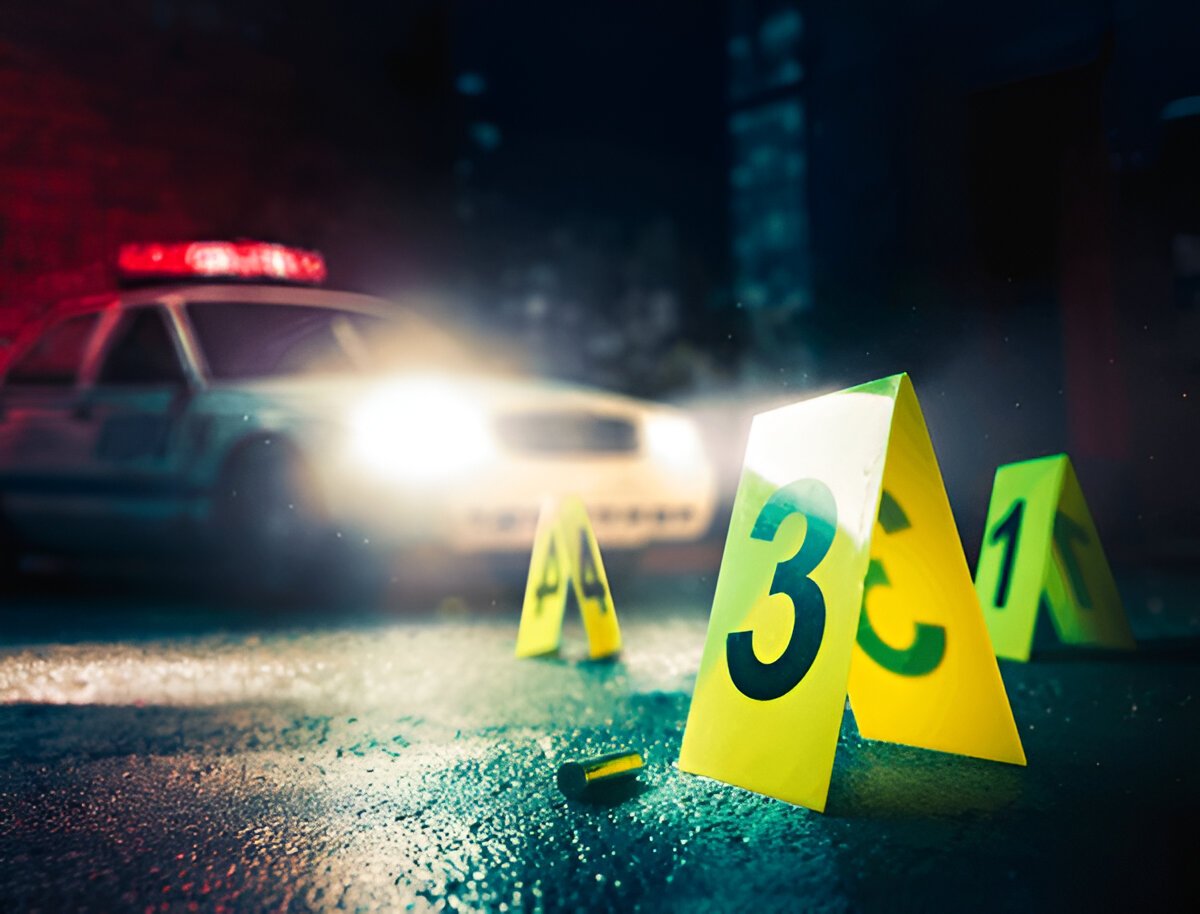Basdev, a retired military Jamadar from Harigarh, went to a wedding in another village where people were drinking heavily. He got very drunk and, during the midday meal at the bride’s house, wanted to sit in a better spot. A teenage boy named Maghar Singh, about 15 or 16 years old, was already sitting there and refused to give up his seat. In response, Basdev pulled out a pistol and shot the boy in the stomach, killing him on the spot. Witnesses said Basdev was extremely drunk—one even said he was almost unconscious. The prosecution did not show any prior fight or personal grudge between Basdev and the boy.
Issue before the Court
The main issue before the court was whether the accused be punished for murder under Section 302 of the Indian Penal Code (IPC), or for culpable homicide not amounting to murder under Section 304, considering that he was drunk at the time as per Section 86 of IPC?
You can also read the Judgement of Kerala High Court judgment on Marital Rape Case.
For more information, visit [Aashayein Enquiry Section]
Arguments by the Appellant:
The accused argued that they were extremely drunk at the time of the incident. Because of this intoxication, they didn’t have the intention to kill the boy. The defense claimed that the shooting happened because the appellant was too intoxicated to understand the consequences of pulling the trigger. So, they believe it should not be treated as murder but rather as culpable homicide not amounting to murder, which is a less serious offence under Section 304 IPC. They wanted the court to accept intoxication as a valid defense.
Arguments by the Respondent:
The prosecution argued that the accused chose to drink, and even though he was intoxicated, he still knew what he was doing. He was aware enough to take out a pistol and shoot, which shows he had control and understanding of his actions. Therefore, the defense of intoxication should not be accepted. They maintained that this was a clear case of murder and the accused should be punished under Section 302 IPC.
Analysis of the Court
According to Section 86 of the Indian Penal Code (IPC), even if someone is drunk, the law still assumes they had knowledge of what they were doing. However, whether they had the intention is decided by looking at all the facts. In this case, Basdev used a pistol and shot someone in the stomach a serious and vital part of the body. The Court said that such an act shows a clear intention to cause serious harm, which is enough to presume he intended to kill. They looked at old English case of DPP v. Beard (1920), which said that the kind of weapon used and the nature of the act help determine whether a person had the required intent, even if they were drunk.
The principles from DPP v. Beard included:
If intoxication causes total insanity, it can be a full defense.
If intoxication stops someone from forming a specific intent, the court must consider that.
But if the person just becomes reckless while drunk, they are still responsible.
The trial court found that Basdev was not so drunk that he couldn’t form intent. He knew what he was doing. So, he was found guilty of murder under Section 302 IPC and sentenced to life imprisonment. The High Court and Supreme Court both agreed with this decision.
Concluding Remark
This is an important case explaining when intoxication can be used as a defense under Section 86 IPC. The Court made it clear that unless a person can prove they were completely incapable of forming the intent to commit the crime, the law will assume they intended the natural result of their actions. Simply being drunk is not enough to avoid punishment.

